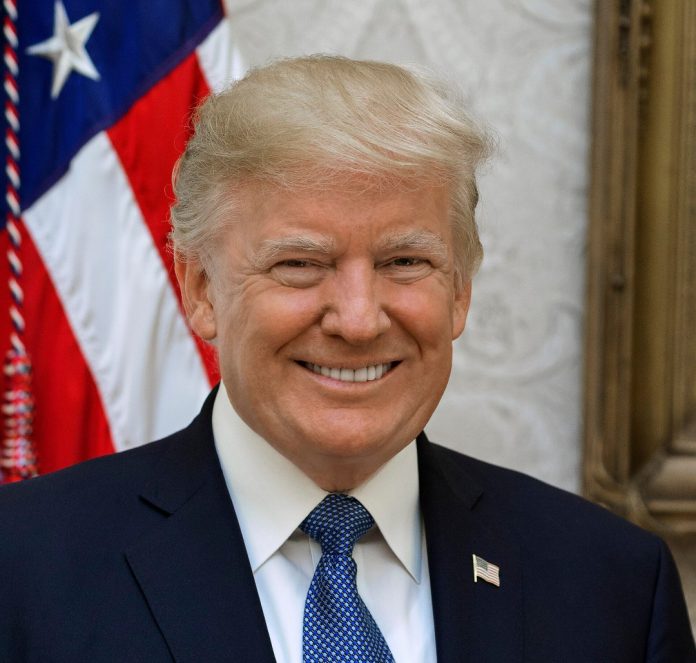Donald Trump has been re-elected as President of the United States after winning the 2024 election against Kamala Harris. Trump, who was President from 2017 to 2021, will now serve again, making him one of the few American leaders to have a second term that isn’t right after the first.
World leaders have reacted to Trump’s win, sending congratulations and sharing different hopes for the future of U.S. relations under his leadership.
France: French President Emmanuel Macron was one of the first to respond. Macron said he looks forward to working with Trump to solve big issues like climate change and security in Europe. Macron’s message shows France’s hope for stability and teamwork, especially in defense and security.
Nigeria: Nigerian President Bola Tinubu also congratulated Trump, talking about the importance of U.S.-Africa relations. Tinubu emphasized Nigeria’s strong ties with the U.S. and shared hopes to focus on trade, security, and economic growth together. Tinubu’s words reflect African leaders’ interest in building a stronger partnership with the U.S.
China and Russia: In contrast, leaders from China and Russia have been more reserved. Although neither President Vladimir Putin of Russia nor President Xi Jinping of China has made a formal statement, both countries are expected to closely watch Trump’s plans. In his first term, Trump was tough on both countries, placing trade restrictions and questioning their human rights practices. Experts say China and Russia may prepare for Trump to take a strong approach on trade and security issues again.
Trump’s return as President raises questions about how the U.S. will handle some important global issues. Many of these issues were at the center of his policies during his last term:
- NATO and European Security: Trump previously asked NATO members to spend more on defense, which impacted the alliance. European leaders are interested to see if he will continue this push and how he will respond to Russia’s influence in Europe.
- Climate and Trade Policies: Trump had different views on climate change than other leaders, favoring policies that were less focused on global climate agreements. Leaders now want to see if Trump will continue with these policies or if he will work with others on climate action, especially as concern about climate grows worldwide.
- U.S.-China Relations: There have been tensions over trade, technology, and military activity between the U.S. and China. The world will watch how Trump manages this relationship, especially as a trade war remains a concern. If he raises tariffs or trade restrictions, it could impact economies around the world, especially those that rely on both the U.S. and China.
- Global Health and Pandemic Preparedness: After COVID-19, many countries are focused on how the U.S. will approach global health issues and pandemics. Trump’s policies on health cooperation could become important in responding to future health crises.
- Middle East Relations: Trump’s actions in the Middle East had a big impact, including the Abraham Accords and a strong stance on Iran. Leaders in the Middle East, especially in Israel, Saudi Arabia, and the UAE, are now watching closely to see how Trump’s policy will affect ongoing peace and security efforts in the region.
In the U.S., Trump will face many challenges at home, such as economic issues, immigration policy, and public health concerns. His team has shared plans to focus on job creation, border security, and loosening regulations on businesses to boost the economy. The choices Trump makes in forming his cabinet and advisory team are expected to show his main priorities for both U.S. and international policies.
As leaders worldwide send their congratulations, experts see that Trump’s second term may bring new challenges, with many allies watching his approach carefully. While some leaders are hopeful, others are cautious, wondering if Trump will continue past policies or change direction on important issues.
Trump’s decisions could have a lasting impact, not only on the U.S. but also on the global economy, climate actions, and security partnerships, making this a closely watched moment in international relations.



